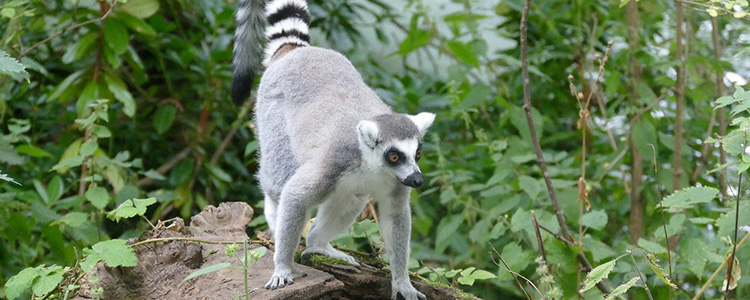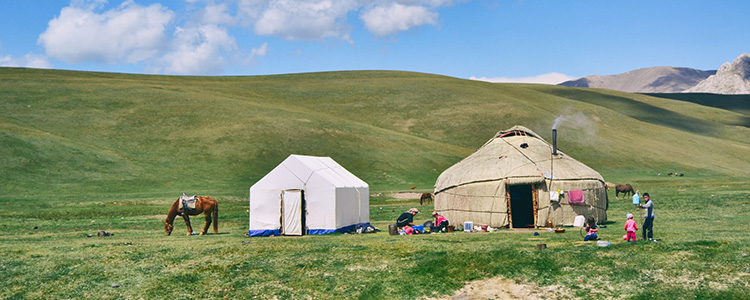Goats abroad and while traveling: are they dangerous, where do you encounter them, where can you see them?
What are goats?
- Goats are ruminant ungulates that usually have a goatee, with the female having a shorter goatee than the male.
- Wild goat species include: Ibex, such as the Alpine ibex, the Kubantur, the Dagestantur and the Markhoor.
- Goats have been kept by humans as livestock or pets for thousands of years. Most goats are kept for their milk, meat and some goats for their wool (particularly the Angora goat).
- Goats are fairly easy, friendly animals to keep as livestock. They are not very picky or demanding in terms of food, which is why they are often kept in challenging, poor areas, such as steppes and savannahs.
Where can you encounter wild goats in the wild when travelling and abroad?
- Ibex are real rock climbers and can live in mountains with steep, difficult to climb mountains. The different ibex species can be found in the Sierra Nevada (Spain), the Alps (all alpine countries, after successful reintroduction programs), Karakoram, Pamir, Hindu Kush and Himalaya (Central Asia).
- The markhor, or screwhorn goat, with its beautiful horns occurs in the inhospitable areas of, among others, northern Pakistan, Uzbekistan, Tajikistan and Afghanistan
- The dagestantur, or East Caucasian tur, lives in the eastern part of the Caucasus and then especially complex border areas such as Dagestan and North Ossetia.
- The kobantur, or West Caucasian tur, lives on the border of Russia and Georgia and is already quite rare with its small distribution area and is becoming a little rarer every year.
Are (wild) goats dangerous?
- Most wild goat species keep so much distance that they are harmless. In the Alps, some groups of ibexes are so used to hikers that you can approach them. This does carry the risk of a serious headbutt, including horns.
- Goats on a goat farm are not dangerous, but you can encounter one in a bad mood. On organic farms, the goats will often still have their horns. They use them to determine their rank among themselves, but there is always a chance that you yourself will be hit, for example while milking the goats.
What to do if you encounter a goat in the wild?
- The wisest thing to do is to keep a distance between you and the goat. Some goats are used to people because they are sometimes fed and can therefore come towards you.
- If a goat comes towards you, move back slowly and do not make any sudden movements. If the goat continues to come towards you in a threatening manner, wave your arms or clothing and shout loudly.
- Never let goats lick you or your belongings.
- Do not feed wild goats. This can bring them closer to people and cause problems for both of them.
Can you volunteer or do an internship with goats?
- There are not many projects that offer volunteer work with wild goats.
- Most projects focus on research, or management of a nature reserve where wild goats live, among other things.
- Worldwide you can find organic farms to volunteer on that keep goats, for milk, meat or goat cheese
- There are also animal shelters that take in goats, or you can of course just go and work at the petting zoo!


























































